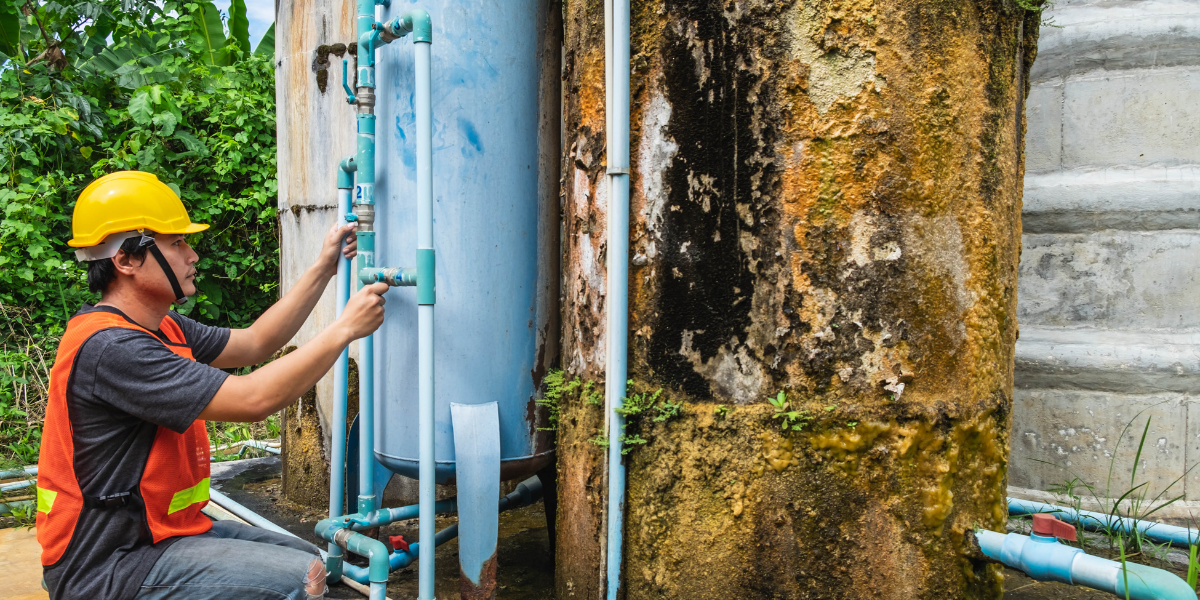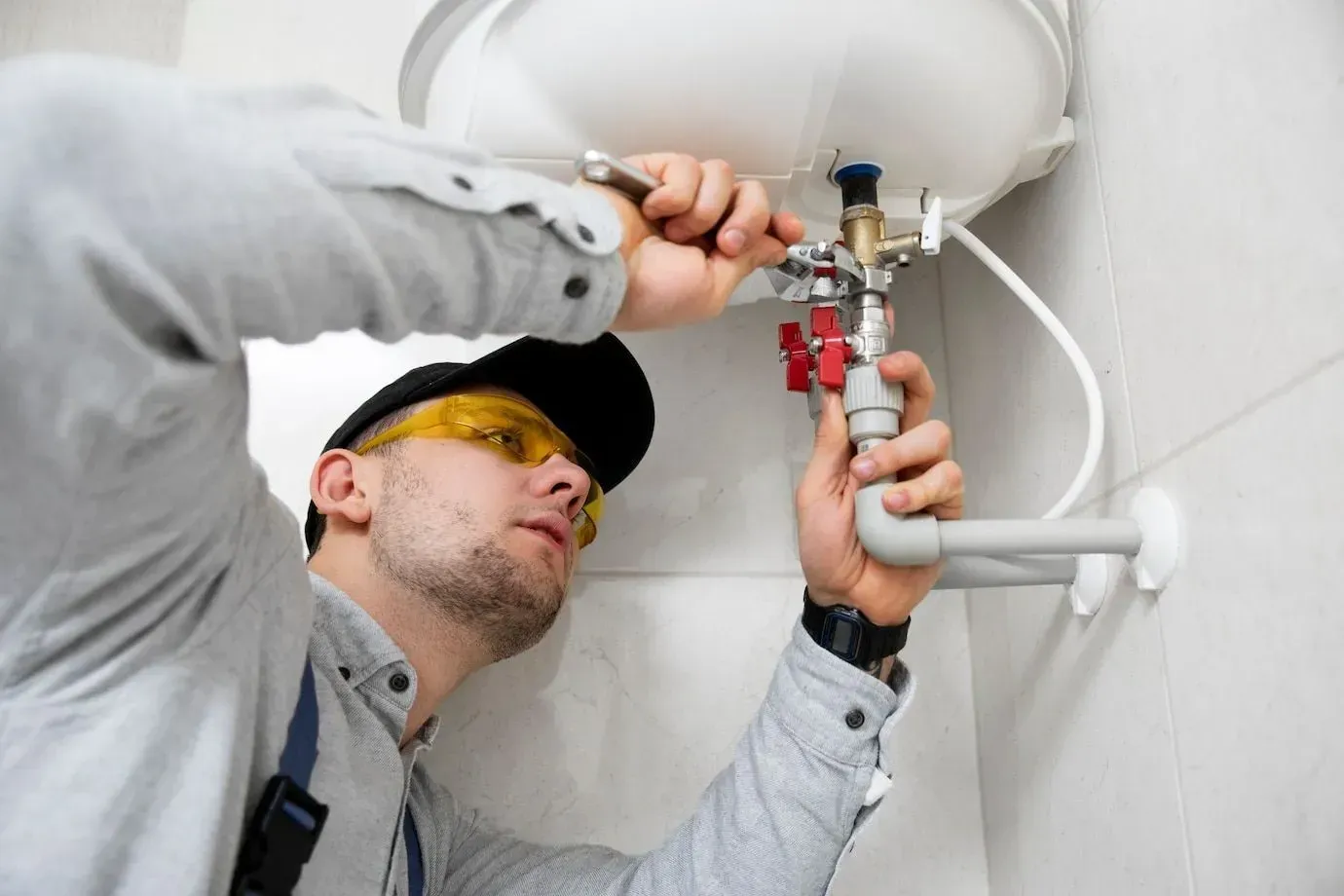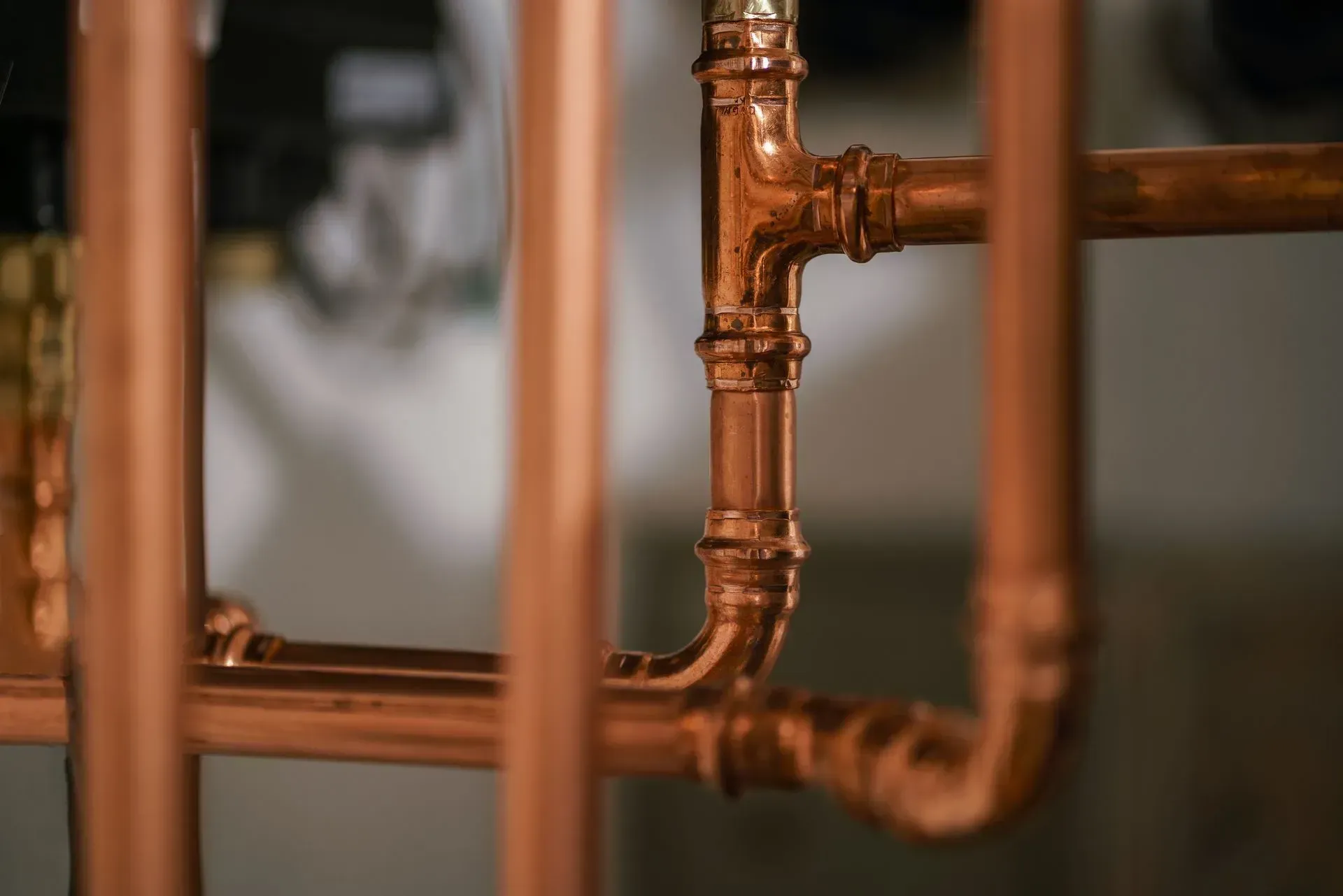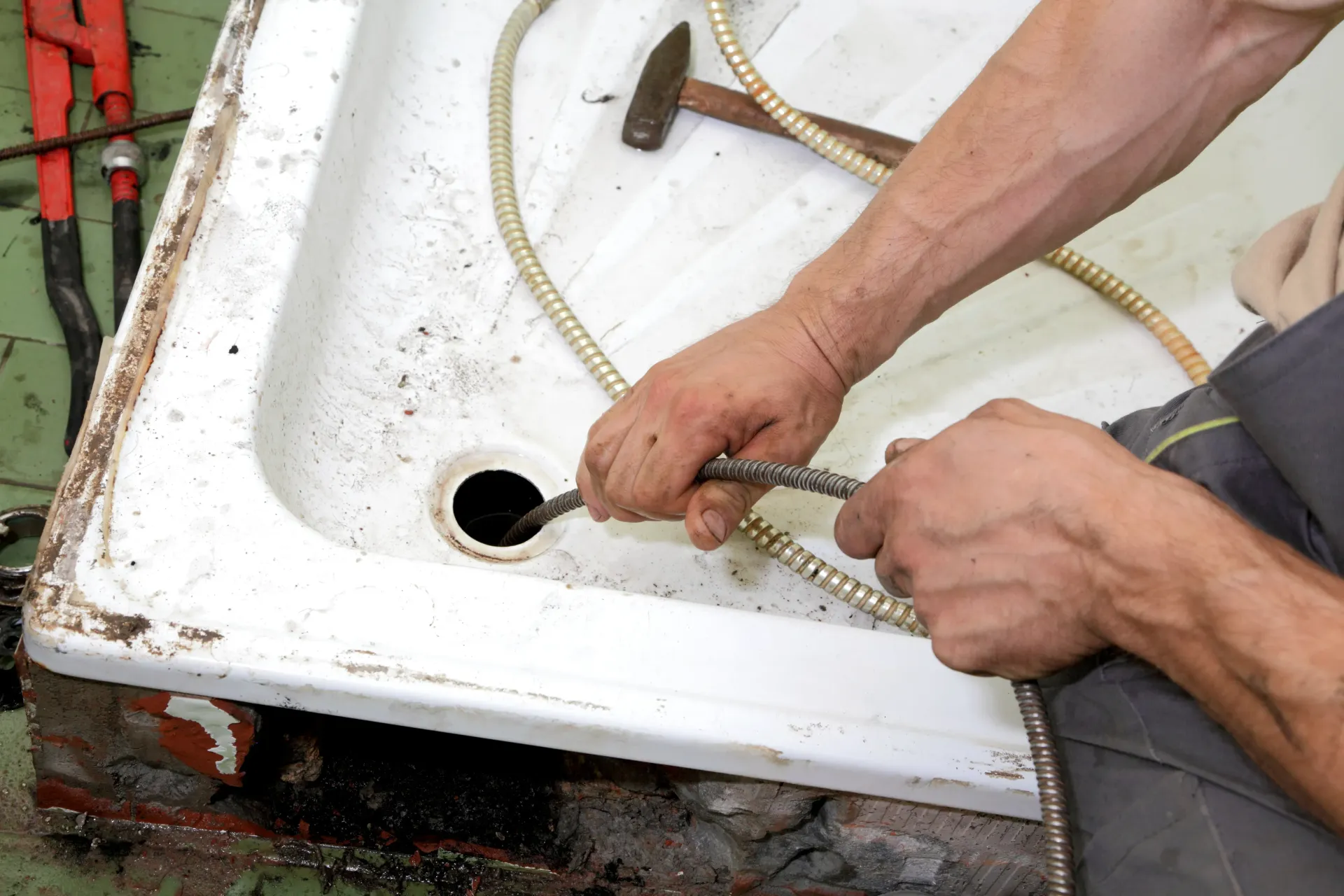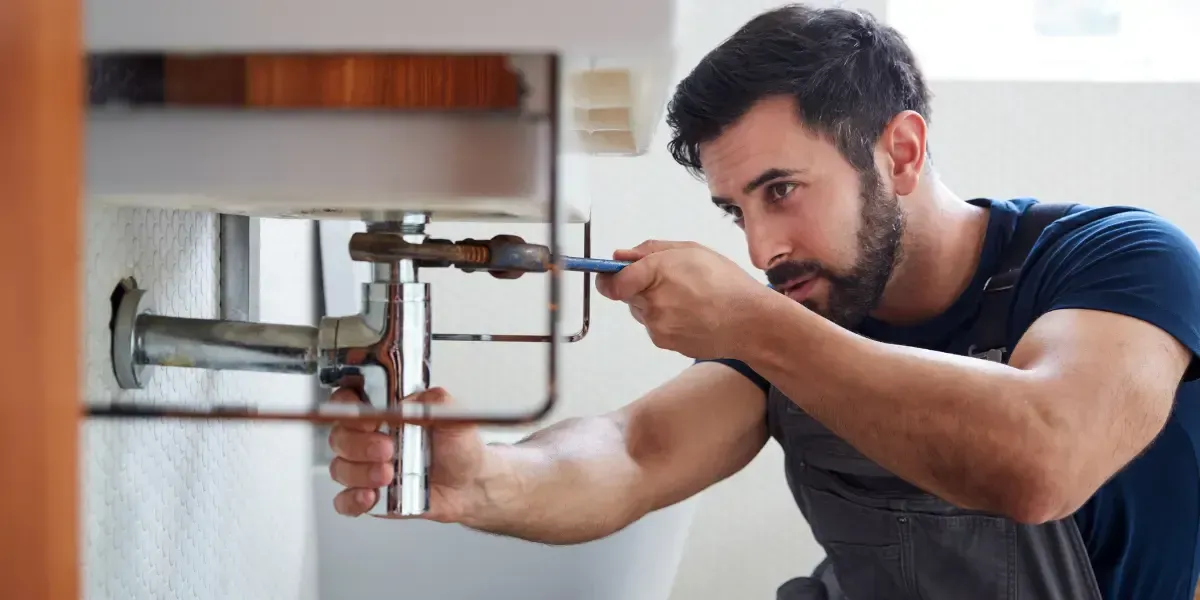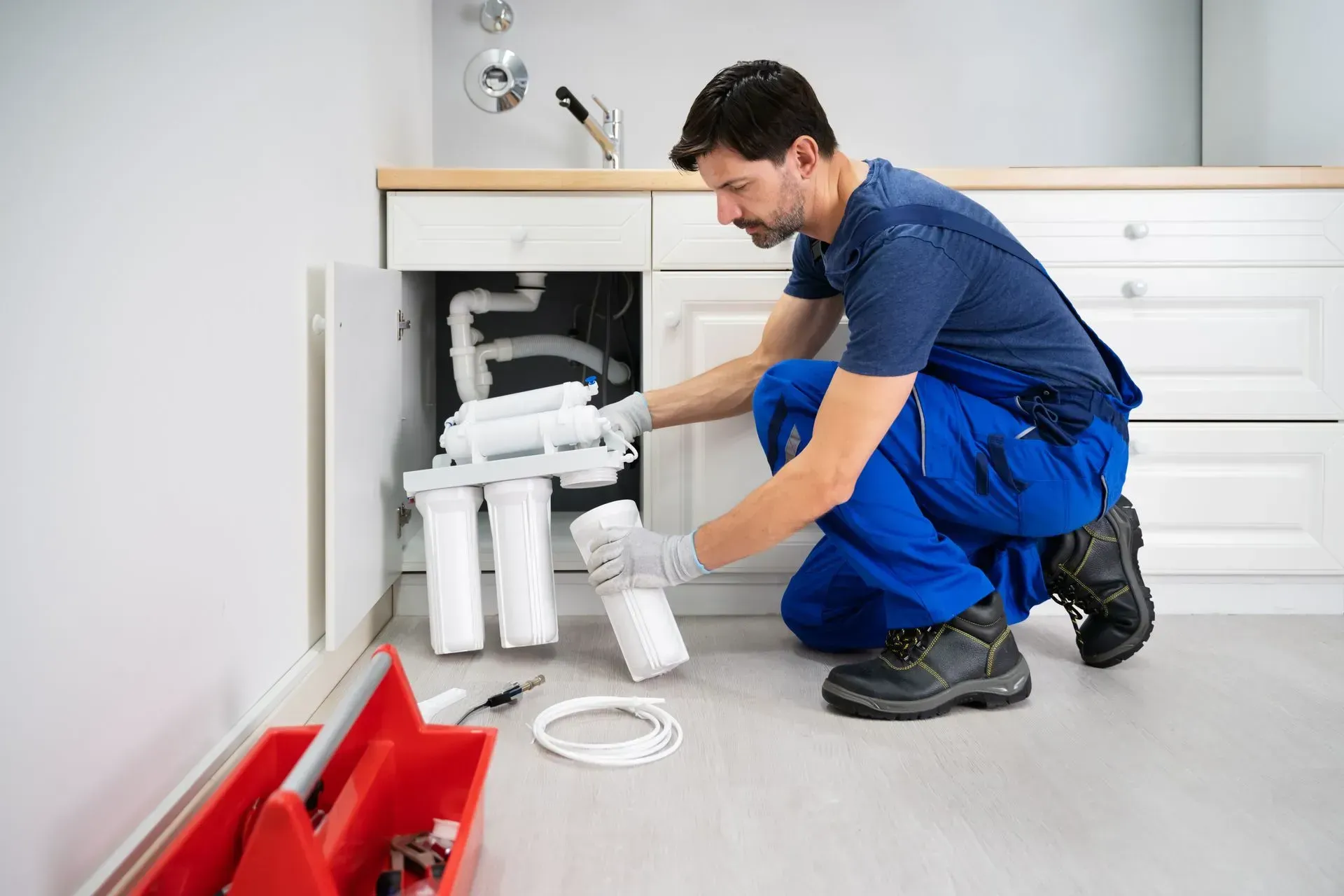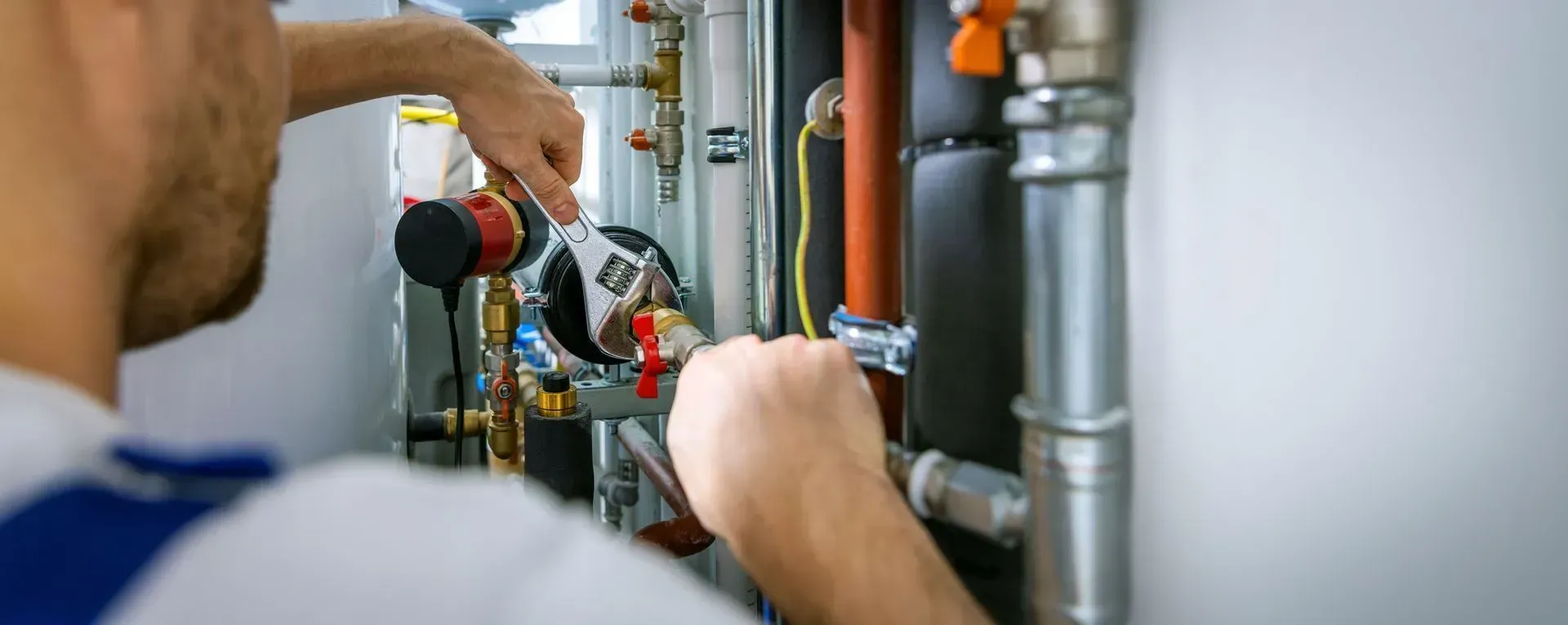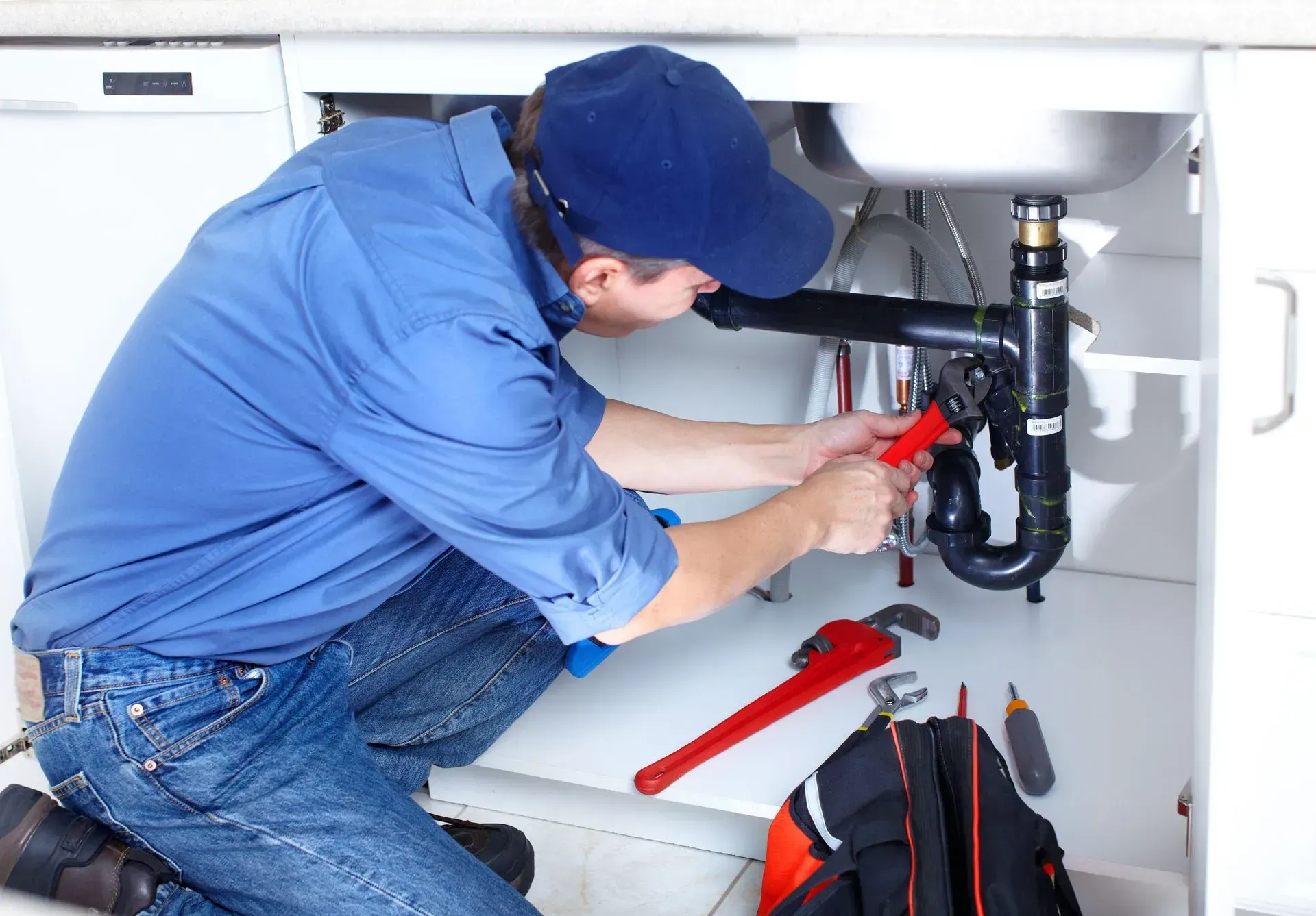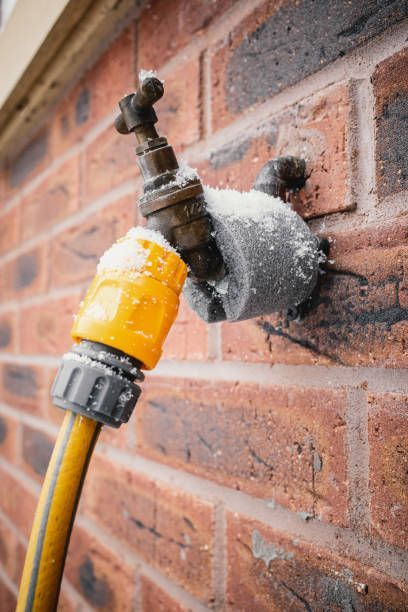Water Softener Install Near Me: A Step-by-Step Guide
Is your skin feeling dry, your clothes coming out stiff, or your appliances covered in white scale? You might be dealing with hard water, and you’re not alone. Many households face these common problems caused by excessive minerals in their water. The good news? A water softener can fix that. If you've been searching for "water softener install near me," this guide breaks down everything you need to know, step by step.
Let’s walk you through how to get a water softener installed, what to expect, and why trusting professionals like
White Oak Plumbing is your best move.
Understanding Hard Water and Its Effects
Before diving into the installation, it’s important to understand why a water softener is necessary in the first place. Hard water is water that contains high levels of dissolved minerals—mainly calcium and magnesium. These minerals build up over time in your pipes, on your fixtures, and inside your appliances.
Common signs of hard water include:
- Chalky white deposits on faucets and showerheads
- Faded or stiff laundry after washing
- Soap that doesn’t lather easily
- Itchy skin and dry hair
- Reduced water pressure due to mineral buildup
If any of these sound familiar, installing a water softener could dramatically improve your home’s water quality and your day-to-day comfort.
Benefits of Installing a Water Softener
Still wondering if it’s worth the investment? Here are some of the biggest perks:
- Extended Appliance Lifespan: Your water heater, dishwasher, and washing machine will last longer with soft water.
- Lower Utility Bills: Soft water heats more efficiently, which means your water heater uses less energy.
- Better Skin & Hair: No more dry skin or brittle hair caused by mineral-heavy water.
- Cleaner Dishes and Laundry: Say goodbye to spots on glasses and stiff clothes.
- Reduced Soap & Detergent Use: Soft water lathers better, so you’ll use less soap, shampoo, and detergent.
Choosing the Right Water Softener for Your Home
Not all water softeners are created equal. Choosing the right one depends on your water usage, water hardness, and budget. Here are some common types:
- Salt-Based Ion Exchange Softeners: These are the most popular. They use salt to swap hard minerals for sodium ions.
- Salt-Free Water Conditioners: These don't remove minerals but prevent them from sticking to surfaces.
- Dual-Tank Systems: Ideal for large families or heavy usage, offering continuous soft water supply.
- Magnetic and Electronic Descalers: These are low-maintenance alternatives that use magnets or electric currents to change mineral properties.
A local plumbing expert can help you test your water and recommend the best system for your specific needs.
Step-by-Step Guide to Installing a Water Softener
Searching "water softener installation" probably means you’re ready to take action. Here's a look at what to expect during the process:
Step 1: Water Testing
A professional plumber will test your water hardness to determine the right type of system. This can also reveal if you have other contaminants that need treatment.
Step 2: Choosing the Right Location
Your water softener should be installed near your main water supply line, usually in the garage, basement, or utility closet. It also needs access to an electrical outlet and a drain.
Step 3: Shutting Off the Water Supply
Before installation begins, your plumber will turn off your home’s water supply and relieve pressure from the plumbing system.
Step 4: Installing the Bypass Valve
The bypass valve allows you to isolate the softener from the system for maintenance or repairs without shutting off water to the entire house.
Step 5: Connecting the System
The water softener is then connected to the main water line and drain. Piping is secured and checked to ensure proper water flow direction.
Step 6: Setting Up the Control Panel
Modern softeners come with digital panels. Your plumber will program the unit according to your water hardness level, usage patterns, and preferences.
Step 7: Testing and Flushing
Once installed, the system is flushed to remove any debris or air in the lines. Your plumber will then test the system to ensure it's operating correctly.
How White Oak Plumbing Can Help You
Located in Vancouver, WA, White Oak Plumbing specializes in professional water softener installation with a reputation built on transparency, trust, and top-tier craftsmanship.
Our experienced team handles the entire process—from evaluating your water to recommending the best system and performing a flawless install. We pride ourselves on offering personalized service that’s fast, clean, and reliable.
We’ll make sure your softener is perfectly matched to your home’s needs and ensure it’s installed right the first time.
Why You Should Choose White Oak Plumbing
- Local Expertise: White Oak Plumbing knows the specific water conditions in Vancouver and the surrounding areas.
- Honest Recommendations: No upselling—just straightforward advice on what works best for your home.
- Certified Technicians: Our team is fully trained, licensed, and experienced in all plumbing installations.
- Timely Service: Quick response times and flexible scheduling for your convenience.
- Customer-First Mentality: Your satisfaction is our priority, and we’re always happy to answer your questions.
Conclusion
When it comes to improving your home’s water quality, installing a water softener is one of the smartest upgrades you can make. It protects your plumbing, your appliances, and your comfort. But don’t leave it to chance—hire a local expert who can do it right.
If you’re Googling
“water softener install near me”, look no further than
White Oak Plumbing. With our step-by-step support and seasoned expertise, you’ll enjoy softer water and peace of mind in no time.
Frequently Asked Questions
How do I know if I need a water softener?
If you notice scale buildup, soap scum, dry skin, or appliance issues, you likely have hard water and could benefit from a softener.
How long does it take to install a water softener?
Most installations take between 2–4 hours, depending on the system and plumbing setup.
Can I install a water softener myself?
DIY installation is possible but not recommended unless you’re experienced. Improper setup can lead to leaks, inefficiency, or damage.
Do water softeners require maintenance?
Yes. Most systems need periodic salt refills, occasional cleaning, and annual inspections for peak performance.
Is soft water safe to drink?
Yes, though some people prefer to bypass the kitchen tap for drinking due to the sodium content in salt-based systems. Alternatives include reverse osmosis filters or salt-free systems.

